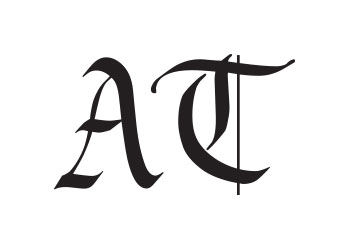April 22, 2023
Aleksandar Vučić, President of Serbia, said that the 11 years that have passed since the April 2013 adoption of the Brussels Agreement have been, for all the Serbs living in Kosovo and Metohija — and for all in Serbia — “11 years of undelivered promises, daily excuses and untruths and 11 years of accidental or intentional ability of the EU [European Union] as the guarantor of the respective agreement to move things from square one”. Despite Albin Kurti’s February assurance to the Council of a three-month transition period regarding the use of the Serbian dinar, these measures are being implemented immediately. They are preventing Serbs and other non-Albanian populations in Kosovo from getting their pensions, salaries, child allowances and other payments. Schools and other institutions have been disrupted, and people fear being arrested on false charges. Meanwhile, the Kurti regime — instead of being sanctioned — is being rewarded.
He reported that, since the Council’s February meeting on the matter, 16 new ethnically motivated attacks against Serbs have taken place, including continuing unjustified detentions and intrusions by Pristina’s police forces into Serbian pharmacies. Detailing several issues with UNMIK’s report, he said that — while it maintains factual precision — it fails to capture interconnected events that, when analysed together, paint a stark picture of the reality on the ground. Moreover, the methodology used has remained consistently superficial, and the report is missing information on concrete measures that the Special Representative has taken to discourage, disable or sanction Pristina’s violence and persecution of Serbs and non-Albanians — or an explanation as to why she failed to take such measures, if that is the case. The report enumerates individual cases, but lacks a clear context of the persecution that civilians face daily, he emphasized.
Serbia has been publicly warning that Serbs in Kosovo have been subjected to widespread, systematic attacks by the Kurti regime, he continued, adding that Serbs have been completely ex-communicated from the political and economic system of “the so-called Kosovo” since the autumn of 2021. “No one wanted to listen to our pleas to stop the terror,” he stressed. Moreover, Pristina organized shameful elections, which Serbs boycotted due to the violation of their rights. Although only 0.029 per cent of Serbs voted in those elections despite constituting 95 per cent of the relevant population, new Albanian municipal authorities were illegitimately appointed and confirmed. Addressing the countries who supported the independence of “the so-called Kosovo”, he said their model project for a liberal, multi-ethnic and multicultural democracy is galloping today towards monoethnic despotism cleansed of all minorities. Nevertheless, Serbia is fully devoted to peace, international public order and European Union-facilitated dialogue and will do its best to maintain tranquillity in the region, he concluded.


